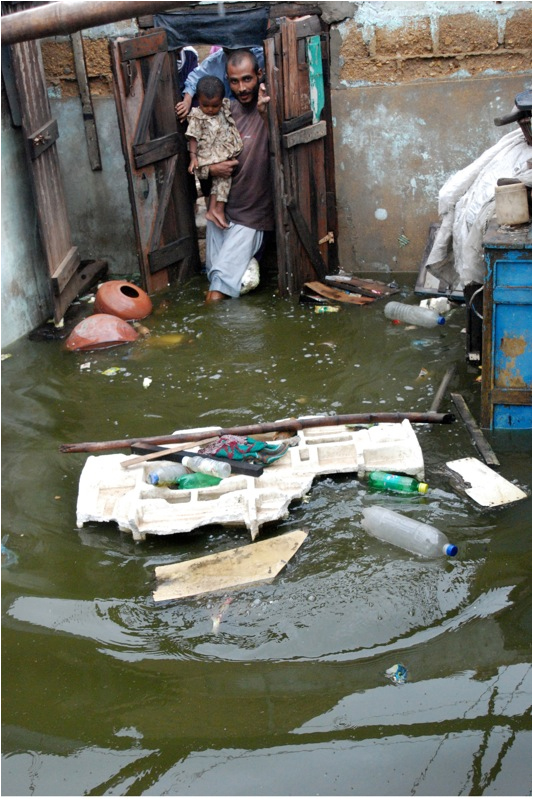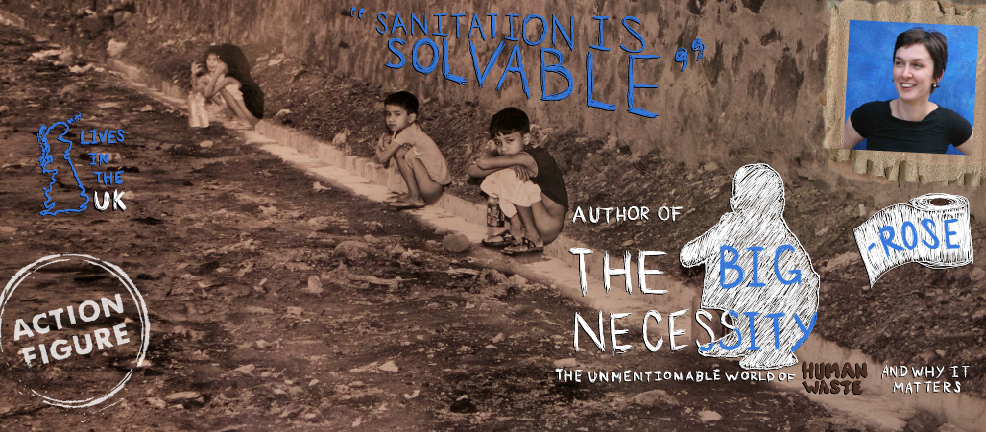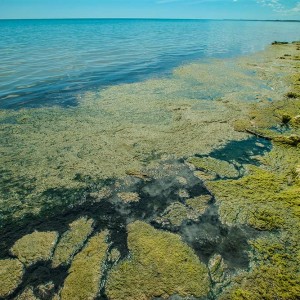Flooding Causes Cholera Outbreak Spread in Cameroon
Cameroon’s worst cholera outbreak since 2004 has killed at least 100 people and could spread to neighboring countries.
Flooding from violent storms has aggravated the spread of cholera in Cameroon, leaving at least 100 people dead and another 1,500 infected, CNN reports. Heavy rain has caused extensive flooding and sparked landslides that have destroyed sanitary facilities as well as contaminated water sources, according to AlterNet.
There is an elevated risk of the disease spreading further south as the rainy season continues. The Cameroon minister of public health called on the population to remain vigilant in sanitation, clean water and hygiene guidelines, in an effort to keep the disease at bay. Outbreaks have also occurred in neighboring Nigeria, Liberia, Chad and Niger, AlterNet reports.
Cholera outbreaks are an annual occurrence in Cameroon. Last fall 40 people died from cholera according to the World Health Organization (WHO). Meanwhile the 2010 toll is on pace to be the country’s worst epidemic in six years.
Since cholera spreads through contaminated food and water while leading to watery diarrhea as well as severe dehydration, the region’s limited access to safe drinking water and sanitation facilities has contributed to the spread of the disease.
In rural, northern Cameroon, 30 percent of the population has access to potable water, while 15 percent has access to sanitation facilities, according to WHO and U.N. Children’s Fund (UNICEF).
Africa’s Sahel region along with Cameroon, have been experiencing volatile weather that is thought to be a symptom of climate change. The area has been plagued by severe drought, further exacerbating an already restricted water supply, the Canadian Press reports.
Record rains throughout Western Africa have also effected water supplies—causing widespread destruction, straining the capacity of aid agencies, and heightening fears of outbreaks of waterborne diseases. Floods and landslides have claimed 77 lives since June, while destroying the livelihoods of more than 152,000 people and demolishing public infrastructure, AlterNet reports.
Aid agencies have expressed concern with Africa’s ability to deal with the spread of waterborne diseases such as cholera, dengue and yellow fever during the rainy season. Improving water supply, hygiene and sanitation facilities are crucial ways to prevent waterborne diseases.
“There is a need for strategic plans with emergency response teams and supplies targeting places where such epidemics have been recurrent to react speedily and prevent further propagation,” Francois Bellet, UNICEF’s regional water, hygiene and sanitation specialist, told AlertNet.
Cholera is often labeled as “the disease of poverty” according to Kuété Fotié Yves, a health director in the Moloko district of the country. Cameroon often ranks near the bottom of the U.N. Human Development Index (HDI), a compilation of life expectancy, education and per-capita GDP data that is used to rank countries on their “human development” — in 2009 the country was153rd out of 182 countries.
Sources: IRINNews, Reuters Africa, CNN, AlterNet, the World Health Organization, AlterNet, the Human Development Index (HDI), AlterNet, the Canadian Press








Leave a Reply
Want to join the discussion?Feel free to contribute!